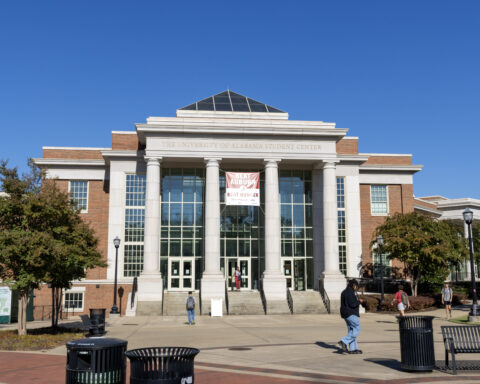With new federal funding, U.S. universities and tech companies are collaborating to create advanced quantum computing laboratories. The National Science Foundation (NSF) is expanding its quantum computing initiative with six new pilot projects totaling $6 million, bringing the agency’s total investment in its National Quantum Virtual Laboratory (NQVL) initiative to $11 million. Each new project will receive $1 million over 12 months to develop specialized quantum research environments that can be accessed by scientists across the country.
These six projects join five others announced in August as part of NQVL, which aims to democratize access to quantum research facilities and accelerate the development of practical quantum technologies. The program represents a key component of NSF’s strategy to implement the National Quantum Initiative Act of 2018.
RELATED: NSF invests millions in quantum computing pilot projects
Scientists around the world are racing to advance the field of quantum computing, and being the first country to make a new discovery could be a geopolitical benefit. With the NSF initiative, the United States is looking to maintain its competitive edge by fostering collaboration between leading research institutions and private sector partners. The program addresses a critical challenge in quantum research – the need for specialized facilities and equipment that are often too expensive for individual institutions to maintain.
The largest collaboration is led by Yale University and brings together researchers at Virginia Tech and Princeton with major private-sector players including NVIDIA, Amazon Web Services and JP Morgan Chase. Their project looks to build better error correction systems for quantum computers, making these machines more reliable and practical for real-world use.
At the University of Oregon, researchers are partnering with several other universities to build a new type of quantum network. This network would allow quantum information to be shared between 16 different locations up to 100 kilometers apart, and do it much faster than current systems. This could lead to more secure communications and better-connected quantum computers in the future.
Another team spearheaded by the University of California Los Angeles, which includes researchers from UC Berkeley and several other institutions, is also working to build a more reliable quantum computer. While current quantum computers are prone to errors, this project aims to create a system that can catch and fix those errors automatically.
Iowa State University is taking a different route, working with quantum computing company IonQ to develop new ways of simulating complex chemical and physical systems. This could help scientists better understand everything from new synthetic materials to nuclear reactions.
Ohio State University has assembled a team that includes MIT and pharmaceutical giant Merck to explore how quantum technology could improve scientific measurements. Their work could lead to better ways of studying molecules and materials, with potential applications in drug development and materials science.
Lastly, the University of Michigan is leading a group that includes Stanford and Harvard to develop new types of quantum chips that use light to enable high-quality measurements for industrial uses. These chips could eventually be used in everything from manufacturing quality control to medical imaging.
The 11 pilot project teams can now compete for additional funding through NSF, which will support the development of new quantum projects. The NSF has set a target date of April 1, 2025, for submission of the next round of full proposals.
Photo by panumas nikhomkhai








